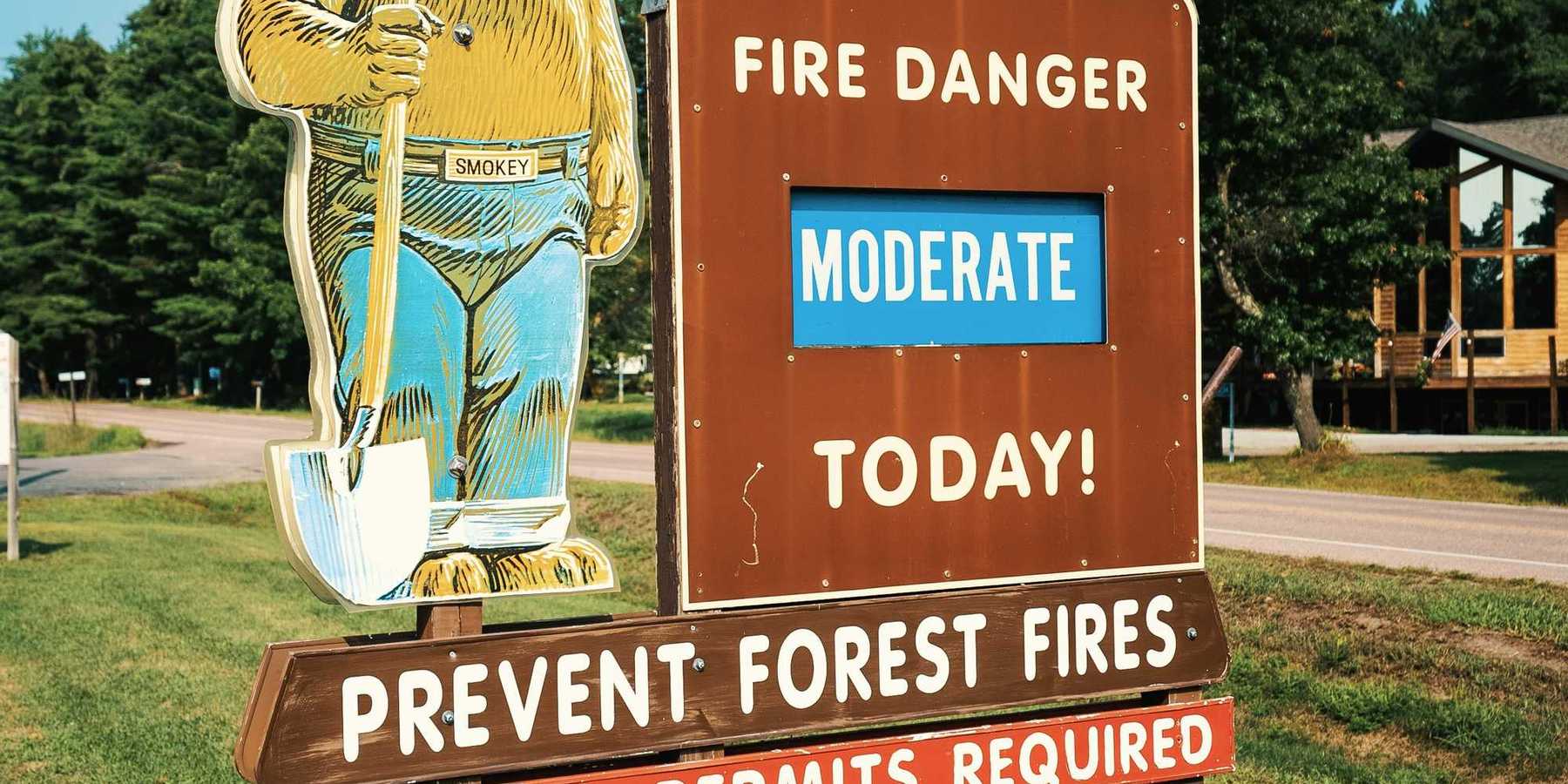Lawmakers reject plea from Cancer Alley residents for fence line air monitoring
For years, lawmakers have rejected fence line air monitoring. Hope remains for industrial neighbors in proposed EPA rules. Claire Sullivan reports for The Louisiana Illuminator
In a nutshell:For the third straight year, Sen. Cleo Fields, D-Baton Rouge, introduced a bill in the Louisiana Senate that would have required the state's industrial plants to monitor the air at their fence lines and make the data available to the public. And for the third straight year the bill met its end in the GOP controlled Senate. Senate opponents objected to the projected cost to businesses ($18,000) and many expressed fear of "running industry out."
Key quote:
“We as a people are dying rapidly, and I personally believe within my heart that we are dying from cancer because of the pollution that we have to breathe 24/7,” Myrtle Felton, a St. James Parish resident, told a Louisiana Senate committee. “There’s not a day I come out of my house that I breathe fresh air.”
Big picture:
Cancer Alley is the well-earned moniker attached to an 85 mile long corridor along the Mississippi River between New Orleans and Baton Rouge. The strip is packed with refineries and petrochemical facilities and as the name implies, its predominately black residents are at greater risk for multiple cancers and chronic illnesses. The CEO of the Louisiana Chemical Association has called Cancer Alley "fictional" and criticized the bill as costly and unnecessary.
Read the full story in The Louisiana Illuminator.













